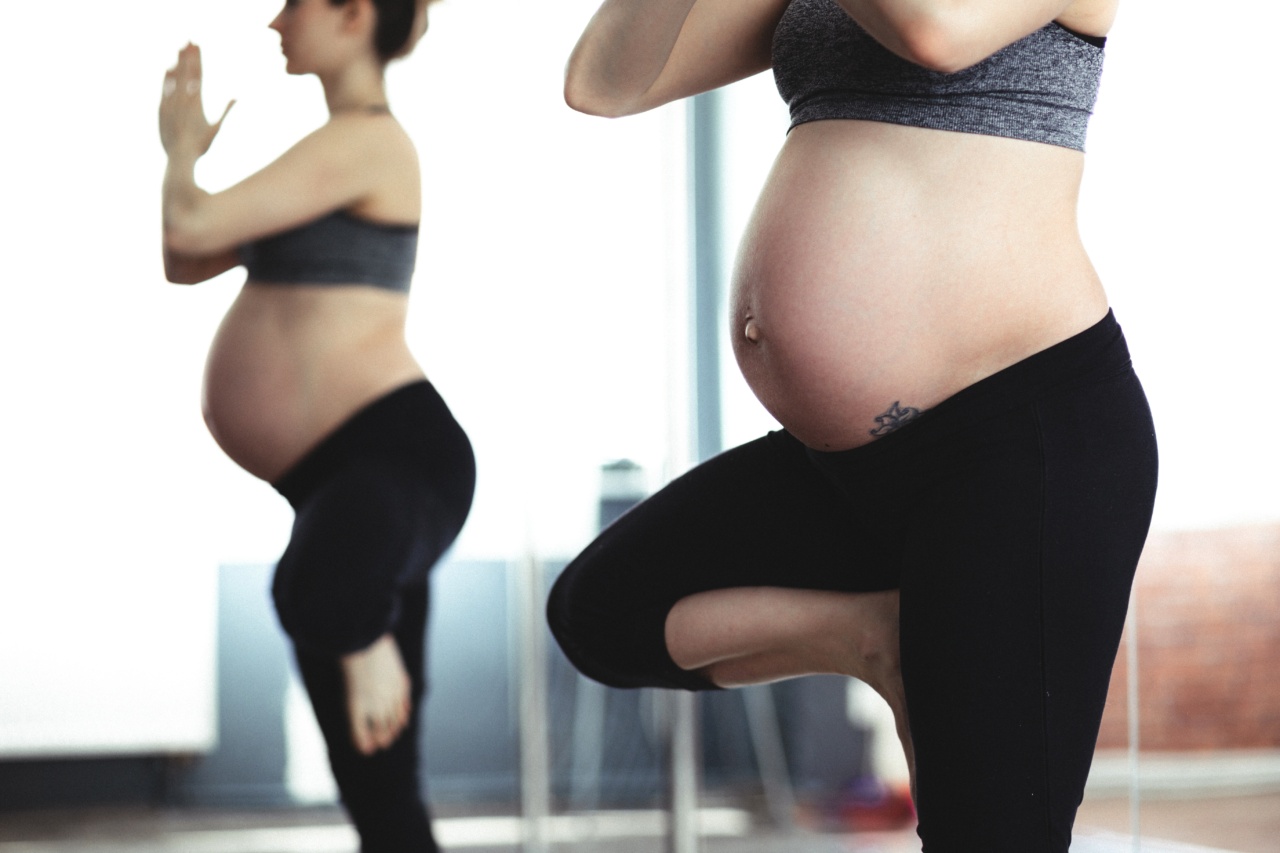Pregnancy is a phase in a woman’s life where she undergoes several physical and psychological changes. A woman’s metabolism rate increases, and she needs to take extra care of her health and diet during this phase.
However, several factors can affect a woman’s weight during pregnancy, one of them being congenital abnormalities.
What are Congenital Abnormalities?
Congenital abnormalities are birth defects that occur in a fetus during pregnancy. These abnormalities can range from mild to severe and can affect different parts of the body, including the brain, heart, lungs, and limbs.
These abnormalities can be genetic or caused due to environmental factors like exposure to harmful chemicals or radiation during pregnancy.
How do Congenital Abnormalities Affect Pregnancy Weight?
Congenital abnormalities can affect pregnancy weight in several ways. Some of the ways are listed below:.
1. Intrauterine Growth Restriction (IUGR)
IUGR is a condition where a fetus does not grow at a normal rate in the womb. This condition can occur due to congenital abnormalities in the fetus. As a result, the mother may not gain enough weight during pregnancy.
2. Macrosomia
Macrosomia is a condition where the fetus grows too large inside the womb. This condition can occur due to congenital abnormalities, and it can affect a mother’s weight during pregnancy.
A mother carrying a large fetus may gain more weight than usual, making her more susceptible to obesity-related complications during pregnancy and childbirth.
3. Gestational Diabetes
Gestational diabetes is a type of diabetes that occurs during pregnancy. Congenital abnormalities can increase a woman’s risk of developing gestational diabetes.
Women with gestational diabetes are recommended to manage their diet and weight gain, as excess weight gain can lead to complications during childbirth.
4. Preeclampsia
Preeclampsia is a pregnancy complication characterized by high blood pressure and damage to organs like the kidney and liver. Congenital abnormalities can increase a woman’s risk of developing preeclampsia.
Women with preeclampsia may experience sudden weight gain due to fluid retention, which can be dangerous for both the mother and the baby.
5. C-Section
Congenital abnormalities can increase the likelihood of a woman needing a cesarean section (C-section) delivery. A C-section delivery carries a higher risk of complications, including excessive bleeding and infection.
Women who undergo C-section delivery may require more time to recover and lose weight post-delivery.
Conclusion
Congenital abnormalities can affect pregnancy weight in several ways. It is essential for pregnant women to keep track of their weight gain and consult with their healthcare provider if they notice any significant changes.
A healthy diet, regular exercise, and proper prenatal care can help manage pregnancy weight and reduce the risk of complications during pregnancy and childbirth.



























